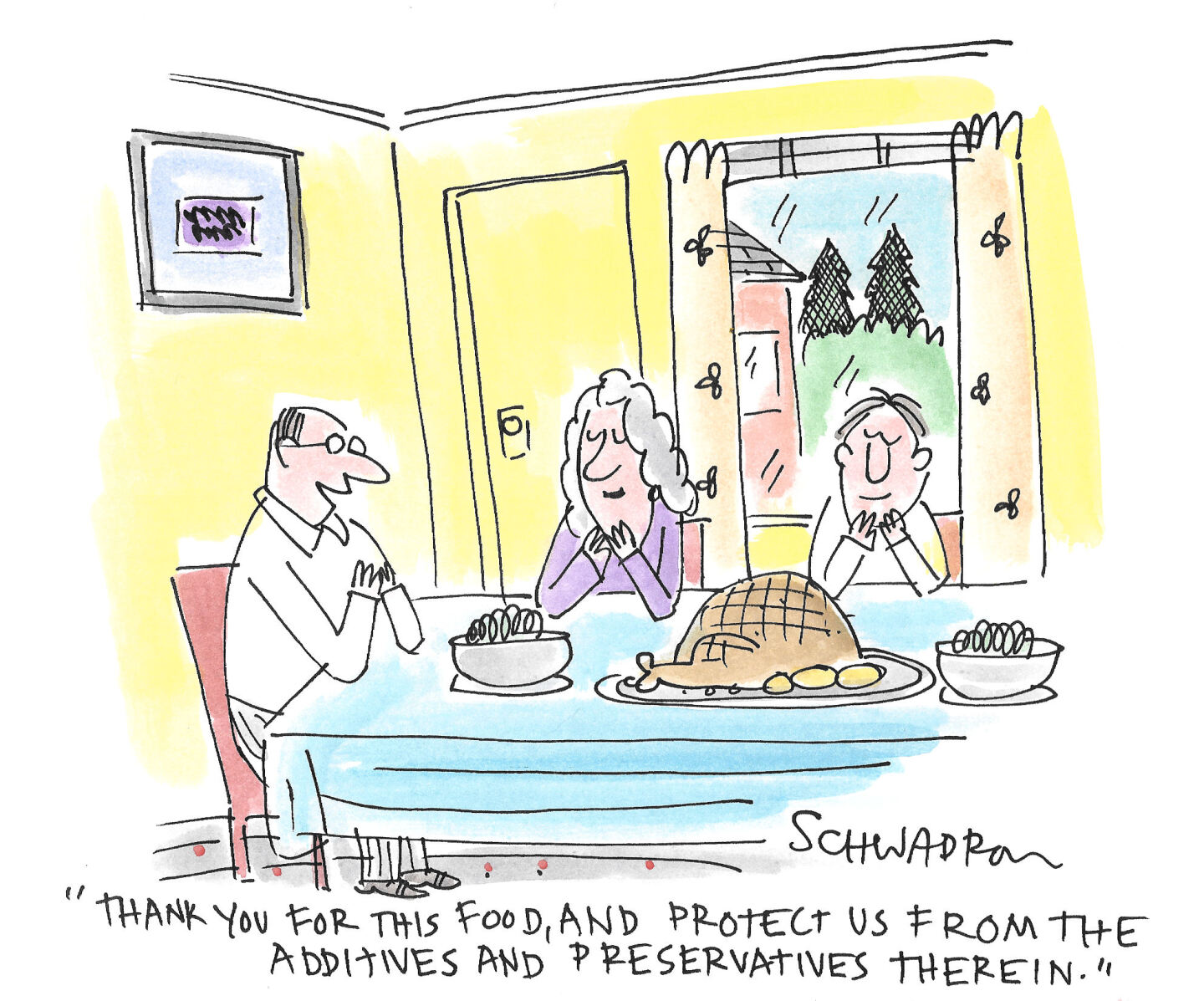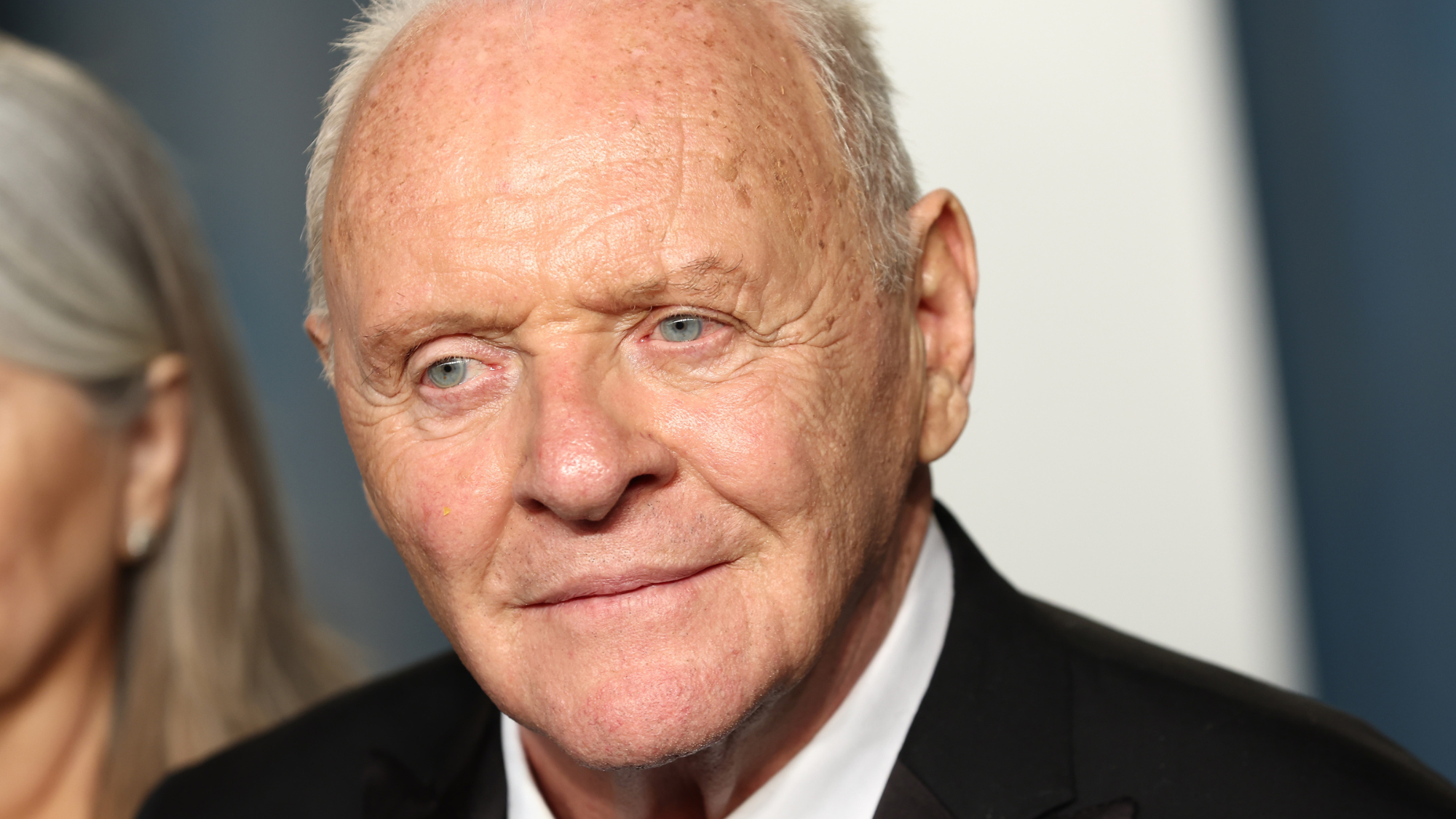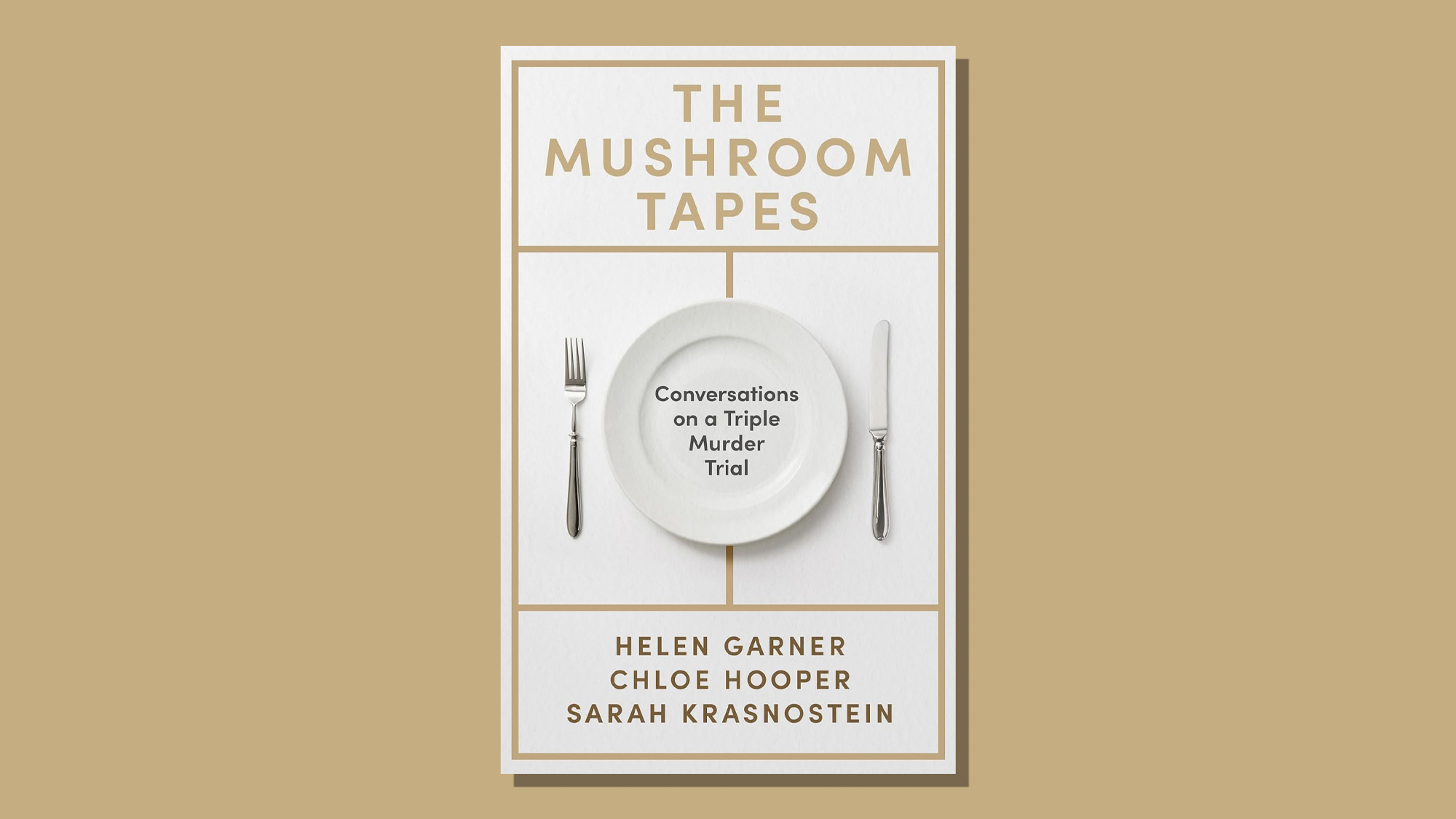In praise of Christian anarchy
What happens on Election Day is infinitesimally unimportant compared to whether we follow Jesus and live in those fruits of his Spirit day in and day out


The electoral and eschatological have converged. As campaign rhetoric reaches its nadir and partisans begin to seriously contemplate the grim possibility of their opponents' triumph, a sort of political apocalypticism has set in.
At stake is not simply who sits in the Oval Office, nor who controls Congress, nor what sort of majority we might anticipate on the Supreme Court. If the wrong side wins, we're told, the result will be the destruction of our way of life, our moral fabric, our personal destiny, our country itself. Elect the wrong person and the world as we know it will end.
The eschaton looms, and we must vote it back into the future. But how?
The Week
Escape your echo chamber. Get the facts behind the news, plus analysis from multiple perspectives.

Sign up for The Week's Free Newsletters
From our morning news briefing to a weekly Good News Newsletter, get the best of The Week delivered directly to your inbox.
From our morning news briefing to a weekly Good News Newsletter, get the best of The Week delivered directly to your inbox.
Evangelicals and other conservative Christians have long been reliable friends of the Republican Party, but 2016 has seen evangelicals tossed into confusion. There is no convincing pro-life candidate, and though the Clintons have long been anathema on the right, Donald Trump offers an incessantly escalating performance of exactly the type of low character these Christians have for years argued matters at least as much as policy where picking a president is concerned. Already fraught, Trump's evangelical support has plummeted and key endorsements evaporated in the wake of the unending sexual assault allegations against him.
Evangelicals' conflict, fracture, and sense of loss is well documented. But there is no less cause for consternation on the Christian left. For Christians who might usually vote Democrat on the basis of peace and social justice issues, Hillary Clinton offers a dubious choice at best. Her foreign policy record is as hawkish as her criminal justice reform credentials are tardy and tepid. For mainline and progressive Christians who naturally gravitate toward a Bernie Sanders or a Jill Stein, Clinton — judged on her own merits, as opposed to her function as an anti-Trump vote — is no obvious ally.
Who is going to end our world? What if it's both of them? Do we sit this one out? Does God have a preferred candidate this time around? Where once Christians left and right alike would answer that final question with a confident affirmative, 2016 makes such certainty impossible.
My recommendation — an embrace of Christian anarchy — is at once less and more radical than it sounds. Christian anarchy isn't a political perspective or, like other views that bear the name of anarchy, a call to overthrow any government.
A free daily email with the biggest news stories of the day – and the best features from TheWeek.com
It is rather the recognition that following Jesus means our sole, overwhelming allegiance is due to God, not the state. It means that the business of the kingdom of heaven must be our occupation, not the affairs of any earthly country. And, maybe most difficult to remember in election year Octobers, it means no politician can be our Satan or our savior. No political party can mend our society. No electoral outcome offers true hope or greatness — not in the way Christians understand them, anyway. No president can solve our problems or make us more moral or eliminate structural evils. No candidate can herald the eschaton.
That's why it's called "anarchy": It's a declaration that the real authority in our lives — and our real source of peace, security, and wholeness — is not any nation, including the nice, democratic ones. (The earliest Christians, beset by demands of allegiance to the Roman Empire, would have just called this "Christianity.") It's a commitment to remember that the "hope of the world doesn't lie in someone finally coming up with the 'right' form of government," explains theologian Greg Boyd, a leading Christian anarchist. Rather, the "hope of the world lies exclusively in Jesus Christ and the willingness of his people to partner with him in bringing about God's will 'on Earth as it is in heaven' by imitating him."
This isn't to suggest Christians must eschew politics. I certainly don't. It "is not to say that a kingdom person can't have political opinions and vote, if they feel so led, or involve themselves in social justice movements," to quote Boyd again. "But kingdom people must remember our unique call has nothing to do with government, and everything do to with a unique way of living."
And whoever wins come Nov. 8 will have no effect on whether we can live that way. "The fruit of the Spirit is love, joy, peace, patience, kindness, goodness, faithfulness, gentleness, self-control," and "against such things there is no law" — not even under a President Clinton or Trump. The at-once radical and mundane proposal of Christian anarchy is that how we vote and what happens on Election Day is infinitesimally unimportant compared to whether we follow Jesus and live in those fruits of his Spirit day in and day out. The would-be lords of Washington fade into insignificance next to the actual Lord.
For the Christian, no electoral outcome can fix or finish our world. The promise that all will be made right in the end is no politician's to offer. But the good news, the very gospel message, is that it has already been offered, and we realize its fulfillment not on Election Day but on Christmas, in the story of power not sought but sacrificed.
Bonnie Kristian was a deputy editor and acting editor-in-chief of TheWeek.com. She is a columnist at Christianity Today and author of Untrustworthy: The Knowledge Crisis Breaking Our Brains, Polluting Our Politics, and Corrupting Christian Community (forthcoming 2022) and A Flexible Faith: Rethinking What It Means to Follow Jesus Today (2018). Her writing has also appeared at Time Magazine, CNN, USA Today, Newsweek, the Los Angeles Times, and The American Conservative, among other outlets.
-
 Political cartoons for November 27
Political cartoons for November 27Cartoons Thursday's political cartoons include giving thanks, speaking American, and more
-
 We Did OK, Kid: Anthony Hopkins’ candid memoir is a ‘page-turner’
We Did OK, Kid: Anthony Hopkins’ candid memoir is a ‘page-turner’The Week Recommends The 87-year-old recounts his journey from ‘hopeless’ student to Oscar-winning actor
-
 The Mushroom Tapes: a compelling deep dive into the trial that gripped Australia
The Mushroom Tapes: a compelling deep dive into the trial that gripped AustraliaThe Week Recommends Acclaimed authors team up for a ‘sensitive and insightful’ examination of what led a seemingly ordinary woman to poison four people
-
 Has Zohran Mamdani shown the Democrats how to win again?
Has Zohran Mamdani shown the Democrats how to win again?Today’s Big Question New York City mayoral election touted as victory for left-wing populists but moderate centrist wins elsewhere present more complex path for Democratic Party
-
 Millions turn out for anti-Trump ‘No Kings’ rallies
Millions turn out for anti-Trump ‘No Kings’ ralliesSpeed Read An estimated 7 million people participated, 2 million more than at the first ‘No Kings’ protest in June
-
 Ghislaine Maxwell: angling for a Trump pardon
Ghislaine Maxwell: angling for a Trump pardonTalking Point Convicted sex trafficker's testimony could shed new light on president's links to Jeffrey Epstein
-
 The last words and final moments of 40 presidents
The last words and final moments of 40 presidentsThe Explainer Some are eloquent quotes worthy of the holders of the highest office in the nation, and others... aren't
-
 The JFK files: the truth at last?
The JFK files: the truth at last?In The Spotlight More than 64,000 previously classified documents relating the 1963 assassination of John F. Kennedy have been released by the Trump administration
-
 'Seriously, not literally': how should the world take Donald Trump?
'Seriously, not literally': how should the world take Donald Trump?Today's big question White House rhetoric and reality look likely to become increasingly blurred
-
 Will Trump's 'madman' strategy pay off?
Will Trump's 'madman' strategy pay off?Today's Big Question Incoming US president likes to seem unpredictable but, this time round, world leaders could be wise to his playbook
-
 Democrats vs. Republicans: who are US billionaires backing?
Democrats vs. Republicans: who are US billionaires backing?The Explainer Younger tech titans join 'boys' club throwing money and support' behind President Trump, while older plutocrats quietly rebuke new administration
